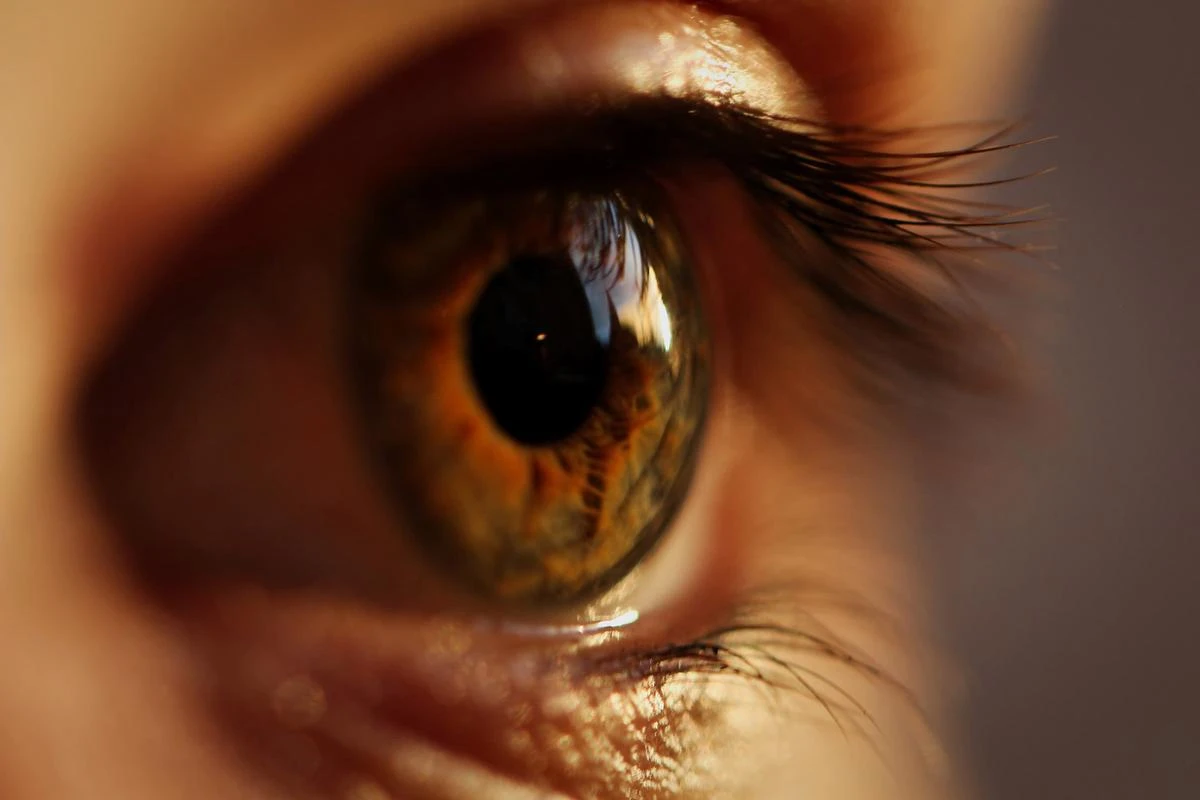
Your corneas allow light into your eyes, keep particles out of your irises and pupils, and help your vision focus. As such, issues with your corneas are very noticeable. If you are experiencing blurry vision, light sensitivity, excess tears, or eye pain, it is likely time to meet with cornea doctors Oklahoma.
Cornea doctors help patients by diagnosing and treating conditions that affect the corneas. As a result, their services can help restore eyesight and slow the progression of conditions that negatively impact vision.
Diagnoses
A variety of conditions could affect your cornea. During your appointment with BVA, Dr. Britton or one of our other leading doctors will discuss your symptoms and examine your eyes to determine the issues. Some corneal conditions include:
- Abrasions. These scratches may be caused by foreign bodies reaching your eyes or issues with contact lenses. Abrasions can also happen spontaneously.
- Keratoconus. This condition causes your cornea to thin, weaken, and become dome-shaped. Keratoconus can lead to significant visual impairment.
- Keratitis. Your corneas may become inflamed due to a minor injury or infection. While it may start small, untreated keratitis can lead to serious complications.
- Corneal edema. This occurs when your corneas swell due to an injury, surgery, or infection. Corneal edema can limit the light entering your eyes.
- Corneal scarring. Trauma, infections, or diseases can lead to scarring. Depending on the severity, this may slightly impede vision or cause blindness.
- Corneal degeneration. This refers to a gradual deterioration in your corneal tissue. Degeneration may be due to age, disease, or other corneal conditions.
Of course, corneal issues are not the only problem that can affect your eyesight. During your appointment, a cornea doctor may determine that seeking a glaucoma specialist or cataract treatment Oklahoma would be the most effective solution for your vision needs. In this case, they can alert you to potential issues and guide you on the next steps.
Treatments
After a diagnosis is made, your eye doctor will advise you on the best way to resolve the issues affecting your corneas. The recommended treatment will depend on the condition, its severity, and how you react to medications. Some treatments are minor; for example, your eye doctor may determine that your corneas can heal naturally from small abrasions.
More significant diagnoses will likely need to be resolved through surgical procedures. There are various treatments for these corneal conditions. At BVA, our leading eye doctors and surgeons, including Dr. Britton, specialize in corneal cross-linking and corneal transplants.
Corneal Cross-Linking
If your vision issues are related to keratoconus or corneal weakness following refractive surgery, your eye doctor may recommend corneal cross-linking. For this minimally invasive outpatient procedure, cornea doctors Oklahoma utilize UVA light and riboflavin eye drops to help create new bonds between corneal collagen fibers. As a result, corneal cross-linking stiffens the corneas, which limits the progression of the patient’s disease.
Corneal Transplants
Your cornea doctors Oklahoma may recommend a corneal transplant if your corneas are damaged beyond natural repair. This surgery is widely recognized as a safe and effective way to resolve severe issues impacting the corneas. For the procedure:
- The patient receives eye drops. The surgeon may also administer medication to help the patient relax.
- The surgeon administers anesthesia to the patient to prevent pain. Although the patient’s eyes will be open, the anesthesia will ensure they see very little of the operation (or even none at all).
- The surgeon replaces the damaged corneal tissue with a healthy natural cornea.
- After the surgery, the surgeon tapes a shield over the eyes and provides the patient with recovery instructions. The surgeon ensures the anesthesia is fully worn off before the patient returns home.
- The patient wears an eye patch for one to four days. They may have some soreness and light sensitivity for a few days.
The patient should attend all follow-up appointments. This will allow the doctor to monitor the stitches and ensure everything is healing correctly. If any issues are present, the doctor can determine an ideal solution.
Meet with BVA’s Cornea Doctors Oklahoma
The doctors and surgeons at BVA aim to help each patient achieve clearer vision. During your visit to one of our Oklahoma City Metro locations, we can discuss your vision problems and find the ideal solution, such as corneal cross-linking or a cataract treatment Oklahoma. Please contact us to schedule your next appointment.
